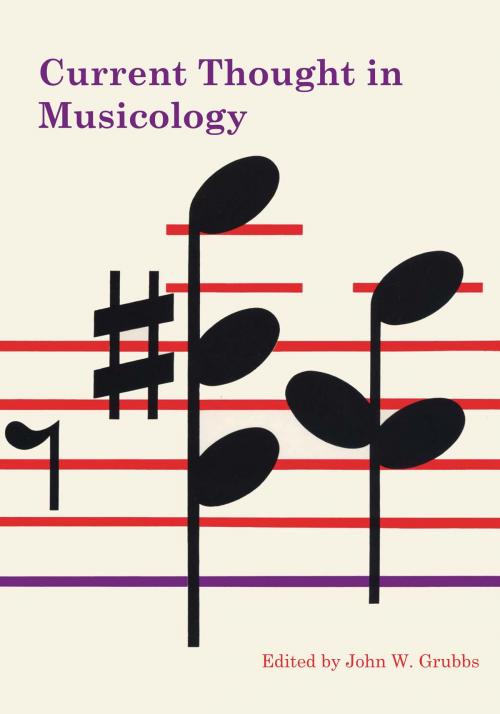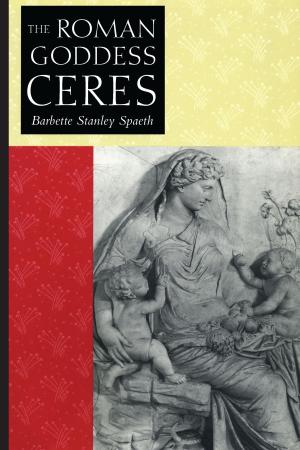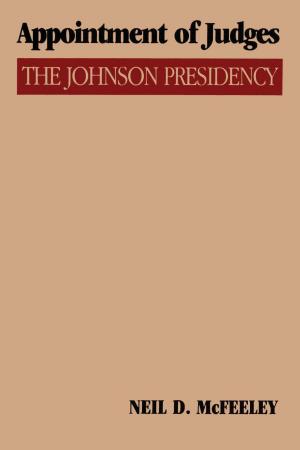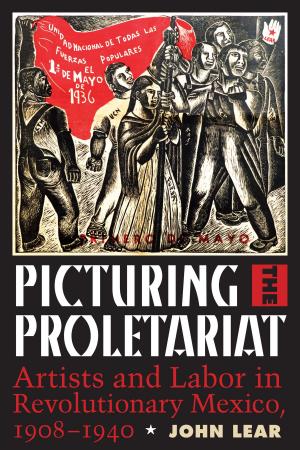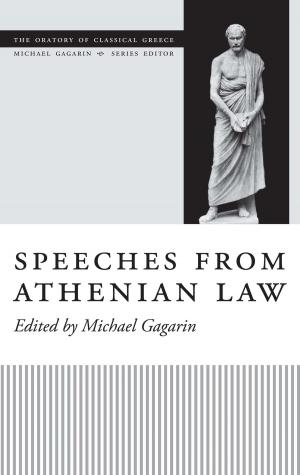Current Thought in Musicology
Nonfiction, Entertainment, Music, Theory & Criticism, History & Criticism, Reference| Author: | ISBN: | 9780292768741 | |
| Publisher: | University of Texas Press | Publication: | November 6, 2014 |
| Imprint: | University of Texas Press | Language: | English |
| Author: | |
| ISBN: | 9780292768741 |
| Publisher: | University of Texas Press |
| Publication: | November 6, 2014 |
| Imprint: | University of Texas Press |
| Language: | English |
Current Thought in Musicology covers a variety of topics, ranging from the Middle Ages to the present and touching on all the major disciplines of musicology: music history, theory and composition, music education, and performance. Taken together, the nine papers constitute a broad overview of the direction of music scholarship in the 1970s.In “Tractatus Esthetico-Semioticus: Model of the Systems of Human Communication,” Charles Seeger presents a model of the situations in which the study of humanistic art may best be conducted. Charles Hamm writes in “The Ecstatic and the Didactic: A Pattern in American Music” of the pattern of conflicting points of view in music history and theory. American composer Elliott Carter, in his chapter titled “Music and the Time Screen,” presents a lucid explanation of his compositional process, including his concept of musical time. In “Instruments and Voices in the Fifteenth-Century Chanson,” Howard Mayer Brown suggests the nature of fifteenth-century performance, drawn from iconography and various musical sources. “Nottebohm Revisited,” by Lewis Lockwood, reexamines Beethoven’s sketchbooks, showing the extent to which performing editions of his work must be updated. Daniel Heartz’s article, “The Chanson in the Humanist Era,” is multidisciplinary and will interest a variety of scholars, including French historians and French literary historians. Gilbert Chase applies structuralism to musicological studies in his chapter, “Musicology, History, and Anthropology: Current Thoughts.” The concluding essays, “The Prospects for Research in Medieval Music in the 1970’s,” by Gilbert Reaney, and “The Library of the Mind: Observations on the Relationship between Musical Scholarship and Bibliography,” by Vincent Duckles, provide a unique view of the opportunities for further work in these areas.The volume also includes an introduction by the editor, notes on the contributors, and an index. Current Thought in Musicology is the result of a symposium held at the University of Texas at Austin in 1971.
Current Thought in Musicology covers a variety of topics, ranging from the Middle Ages to the present and touching on all the major disciplines of musicology: music history, theory and composition, music education, and performance. Taken together, the nine papers constitute a broad overview of the direction of music scholarship in the 1970s.In “Tractatus Esthetico-Semioticus: Model of the Systems of Human Communication,” Charles Seeger presents a model of the situations in which the study of humanistic art may best be conducted. Charles Hamm writes in “The Ecstatic and the Didactic: A Pattern in American Music” of the pattern of conflicting points of view in music history and theory. American composer Elliott Carter, in his chapter titled “Music and the Time Screen,” presents a lucid explanation of his compositional process, including his concept of musical time. In “Instruments and Voices in the Fifteenth-Century Chanson,” Howard Mayer Brown suggests the nature of fifteenth-century performance, drawn from iconography and various musical sources. “Nottebohm Revisited,” by Lewis Lockwood, reexamines Beethoven’s sketchbooks, showing the extent to which performing editions of his work must be updated. Daniel Heartz’s article, “The Chanson in the Humanist Era,” is multidisciplinary and will interest a variety of scholars, including French historians and French literary historians. Gilbert Chase applies structuralism to musicological studies in his chapter, “Musicology, History, and Anthropology: Current Thoughts.” The concluding essays, “The Prospects for Research in Medieval Music in the 1970’s,” by Gilbert Reaney, and “The Library of the Mind: Observations on the Relationship between Musical Scholarship and Bibliography,” by Vincent Duckles, provide a unique view of the opportunities for further work in these areas.The volume also includes an introduction by the editor, notes on the contributors, and an index. Current Thought in Musicology is the result of a symposium held at the University of Texas at Austin in 1971.
